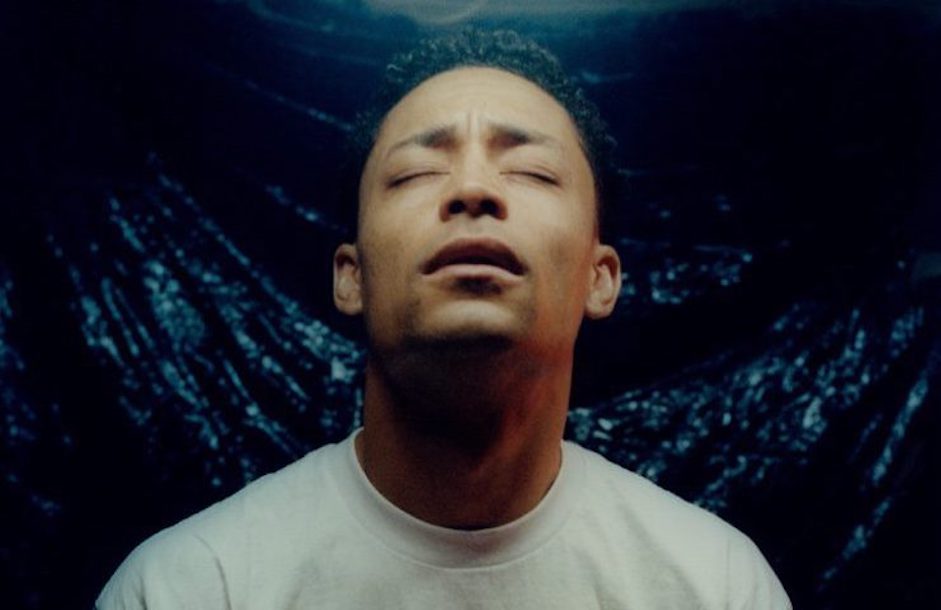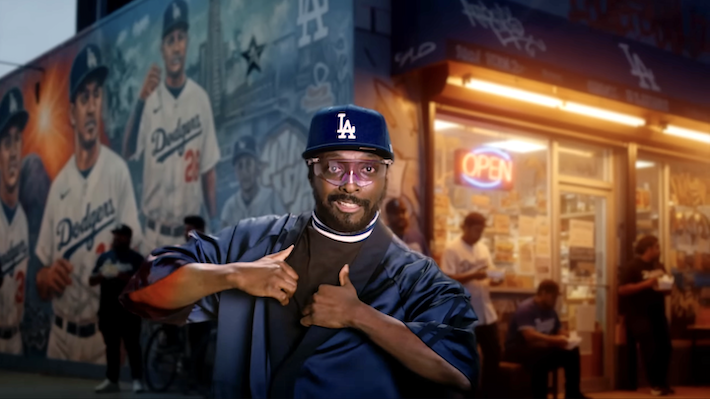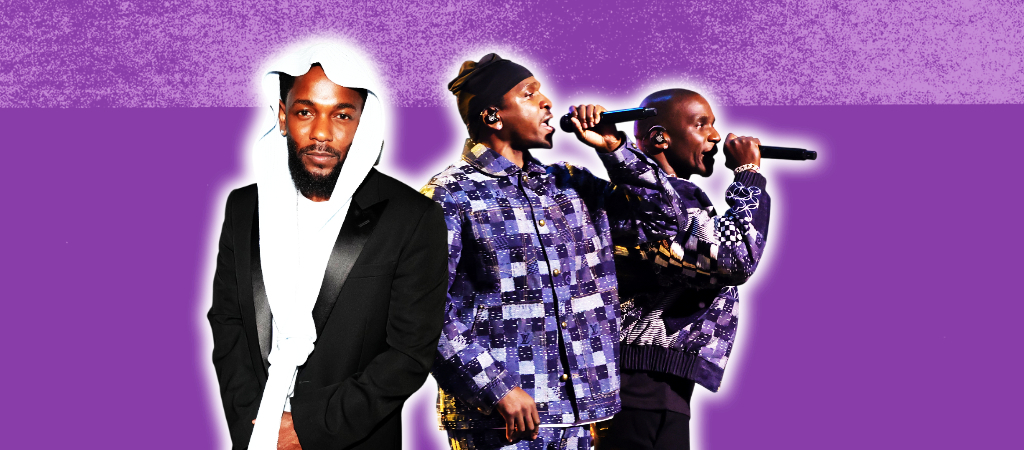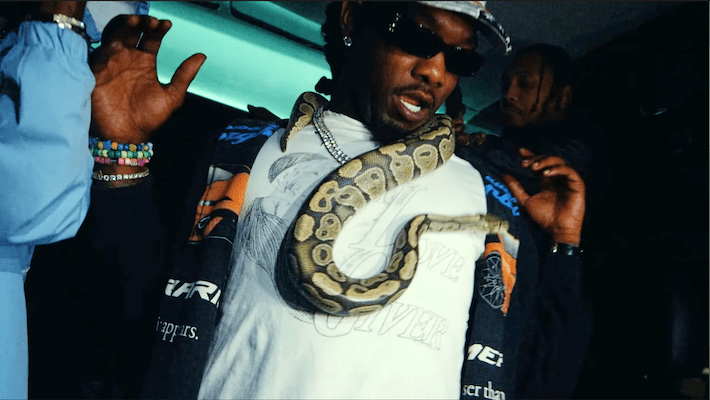On his third studio album, Loyle Carner invigorates his mental frets for a heavy self-examination of raw emotions.
Loyle Carner is at the helm of UK hip hop when it comes to introspection. His gentle raps have been a signature stamp since the 2017 debut, Yesterday’s Gone, and reached their potential on the 2019 sophomore, Not Waving, but Drowning—both Gold-certified albums. Now a soon-to-be father, Loyle Carner has more uncharted territories to explore.
Hugo is another autobiographical offering, a consistent collection of tales that’s overtly transparent of its best moments.
Usually composed on the mic, Hugo finds Carner more frustrated than ever. He explores the effects of an absent father, which led to a lack of exposure to his black roots. It’s impacted how he will raise his own son, using Hugo as a teaching moment for himself as a parent. Frustrated Carner is when Hugo is at its best, exploring harsh dichotomies that are a welcomed departure from the rapper’s usual lounging.
Hugo is relatively top-heavy. Its highlights come in quick succession from track one to five, kicking off with its three singles that was once upon a time a tradition in the music industry. You can tell Loyle knew these were the album’s strongest cuts, and remains the case when digesting the project in full. Lead single “Hate†is one of Loyle’s best songs to date, standing out with its bombastic drums and focused subject matter as he grapples between keeping a negative outlook (“let me tell you what I hateâ€) versus a positive outlook (“let me tell you what I loveâ€). “Nobody Knows (Ladas Road)†is a soaring sermon, charged through a standout sample across hip hop in 2022. The Madlib-produced “Georgetown†gives promise for British-American collaborations to spawn classic material.
Carner’s lyrical weight is what maintains your attention when the production takes a backseat. The second half opts for mellow keys, a sound that was the crux of his last two albums, yet dominates the trio of closing cuts. In the singles, the production is much more hip hop-inspired with its use of obscure samples, boom bap drums and heightened volume. This leads to a sharp contrast between two approaches that would benefit from different sequencing or an executive choice to vary the production.
Luckily, Carner’s words prevail during the sombre songs to target your ears as they target his son’s. His verses are relatable even without experiencing parenthood, grappling with concepts of existentialism and nihilism. The vivid storytelling of “Blood on My Nikes†is tragic, detailing a young boy’s life being taken over a pair of shoes. It’s a poignant story that you can imagine Loyle telling his son when he’s old enough to start navigating the dangers of London. In the closer “HGUâ€, Carner’s voice is uniquely heightened, a rare change in delivery from the rapper who’s typically levelled. That minor change adds a new dynamic to a Loyle Carner song, allowing his words to hit in varied fashion.
Loyle Carner is angry, happy, upset, and confused, all in concurrence. Hugo is a tender self-examination in a year that finds therapy showing up in many popular rap releases, and how necessary it is to do so.
7.5 / 10
Best tracks: “Hateâ€, “Nobody Knows (Ladas Road)â€, “Georgetownâ€, “Speed of Plightâ€



